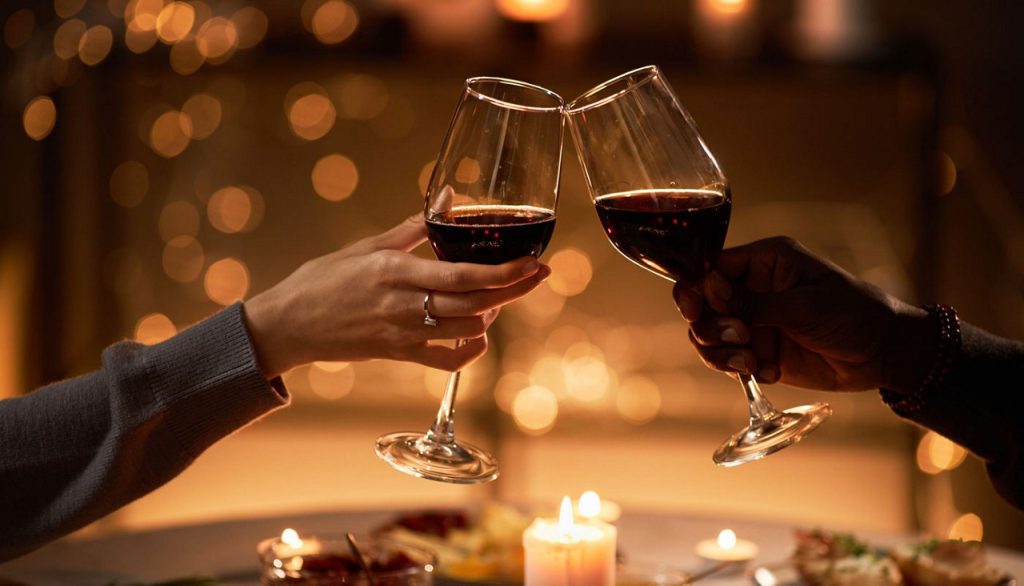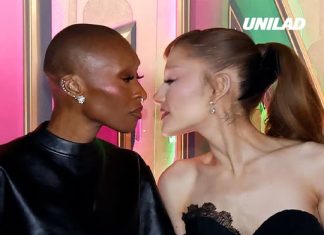I didn’t mind going out for dinner. When I started dating Mark and he invited me to dinners with his two kids once a week, I thought it was a fun way to bond. The restaurant would be warm, the kids excited, and I’d enjoy the company. Until the bill arrived. Over and over, I found myself pulling out my card. I tried to believe it was just forgetfulness on his part, but the pattern became impossible to ignore.
The Payment Problem
The first few times I paid, I brushed it off: maybe he really had forgotten his card. But soon it was every single time. We would all order, the kids choosing whatever they wanted, his smile wide. When the server came, Mark would check his pockets and admit he’d “left” the card at home or in the car. I’d lean over and hand my card to the server, feeling the lump in my throat. I loved spending time with him and his kids—but I also had bills to pay, a budget to maintain. The cost of our “fun” nights out began hurting me more than I let on.

Realization and Frustration
I started keeping a running tally in my head: “Okay, that’s the fourth time this month I covered the bill.” I reminded him before dinner, sent a casual text: “Don’t forget your card tonight.” He’d respond with a laughing emoji, as though all was well. But nothing changed. On one night, after the food arrived and the kids were happily digging in, I looked across the table and quietly said, “Did you bring your card?” His face dropped. He patted pockets. “Oops… I must have left it in the car.” My stomach flipped. I excused myself and walked out of the restaurant. I couldn’t do it again.
Drawing a Line
He called me later, upset, telling me how I had left his kids hungry. My chest tightened. I told him: “You let them order big meals knowing your card wasn’t with you. I’ve paid again and again. I have limits.” I felt strong in that moment, even though I was shaking inside. He accused me of heartlessness. I told him: “It’s not heartless—it’s fairness. I’m not your bank, I’m not responsible for your predicaments.” I loved his kids; I loved him. But I also loved myself. I had to choose self-respect.
The Aftermath and Ownership
A month later, I found myself back at the same diner—same booth, same décor—but this time I was alone. I ordered whatever I pleased, paid my way without hesitation, and left feeling free. No guilt. No expectation. Just me and my card. I realized I deserved someone who showed up, who treated me as an equal, not someone I had to bail out. I thought about Mark; about whether he truly respected me or simply counted on me. I understood that change starts with me standing firm on boundaries.
What I Learned
I learned that love doesn’t mean covering every dinner. It doesn’t mean absorbing someone else’s financial irresponsibility. I discovered that support is mutual, not one-sided. In relationships, especially blended ones, it’s important to feel valued and protected—not just used in a convenient way. I also learned that walking away from a familiar pattern can feel terrifying—but often it’s the leap that brings clarity.

Moving Forward
Now I sit across a table from someone who instinctively offers to pay, or at least splits the bill. I still enjoy dinners, laughter, company. But I no longer pay for someone else’s habit. I no longer suppress my feelings of frustration or budget stress. I found that respect for boundaries is as important as the food on the table. And for me, that’s a feast worth serving.

















